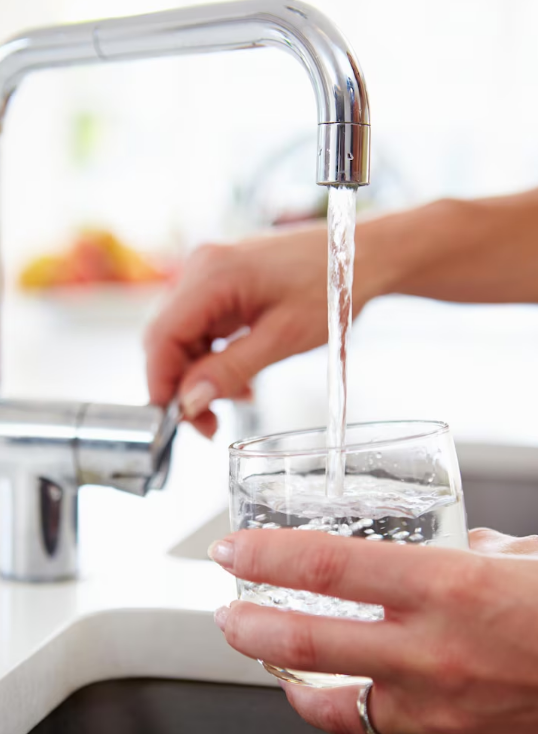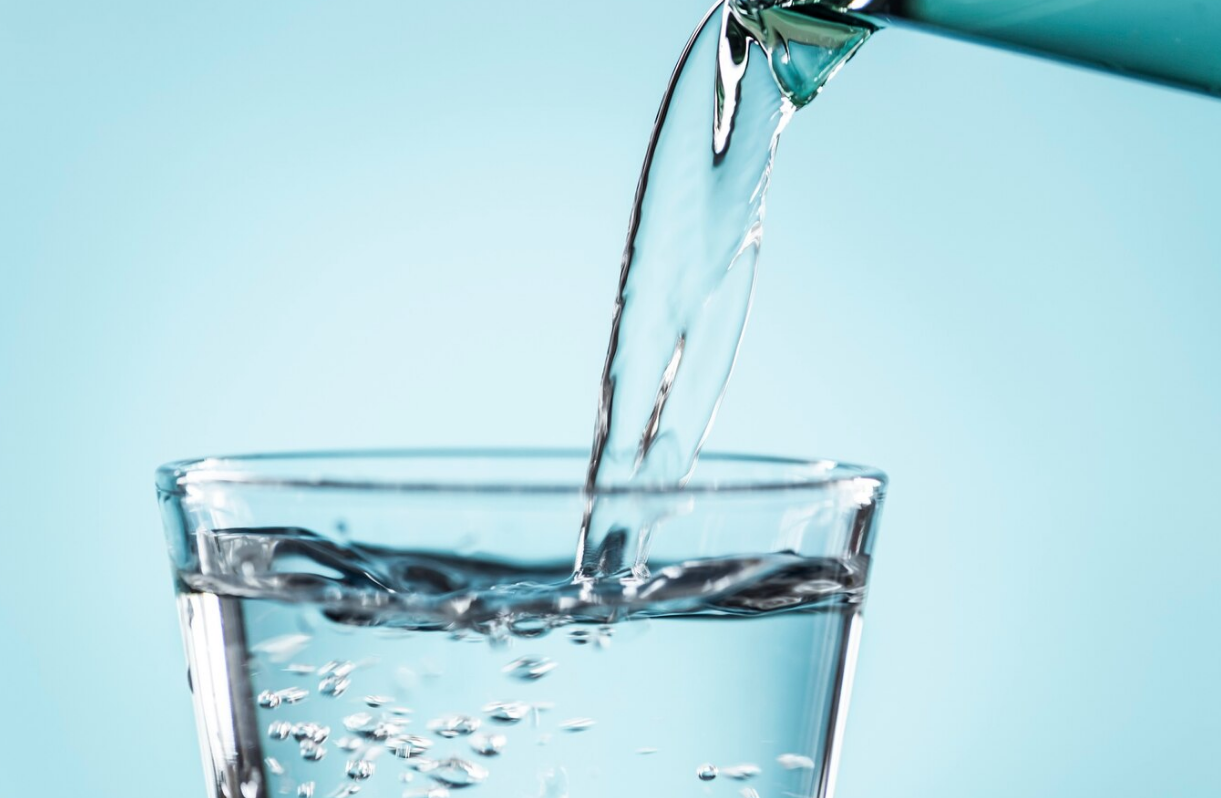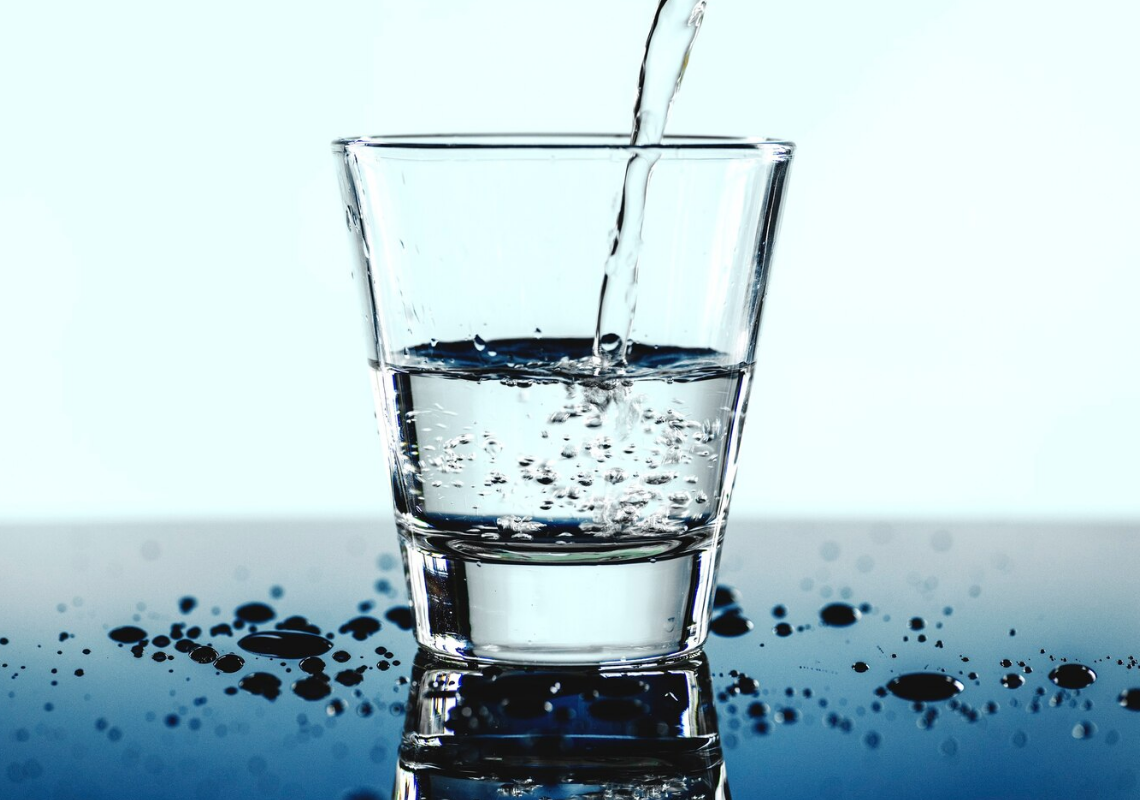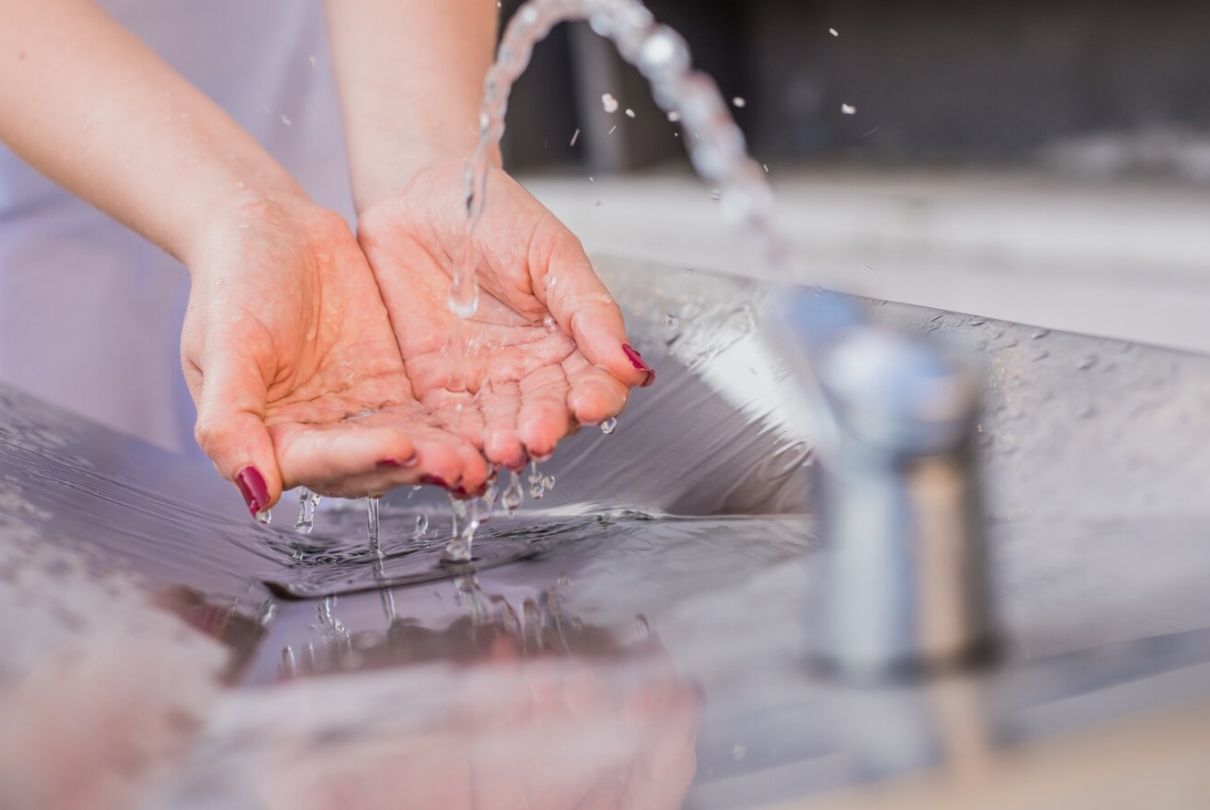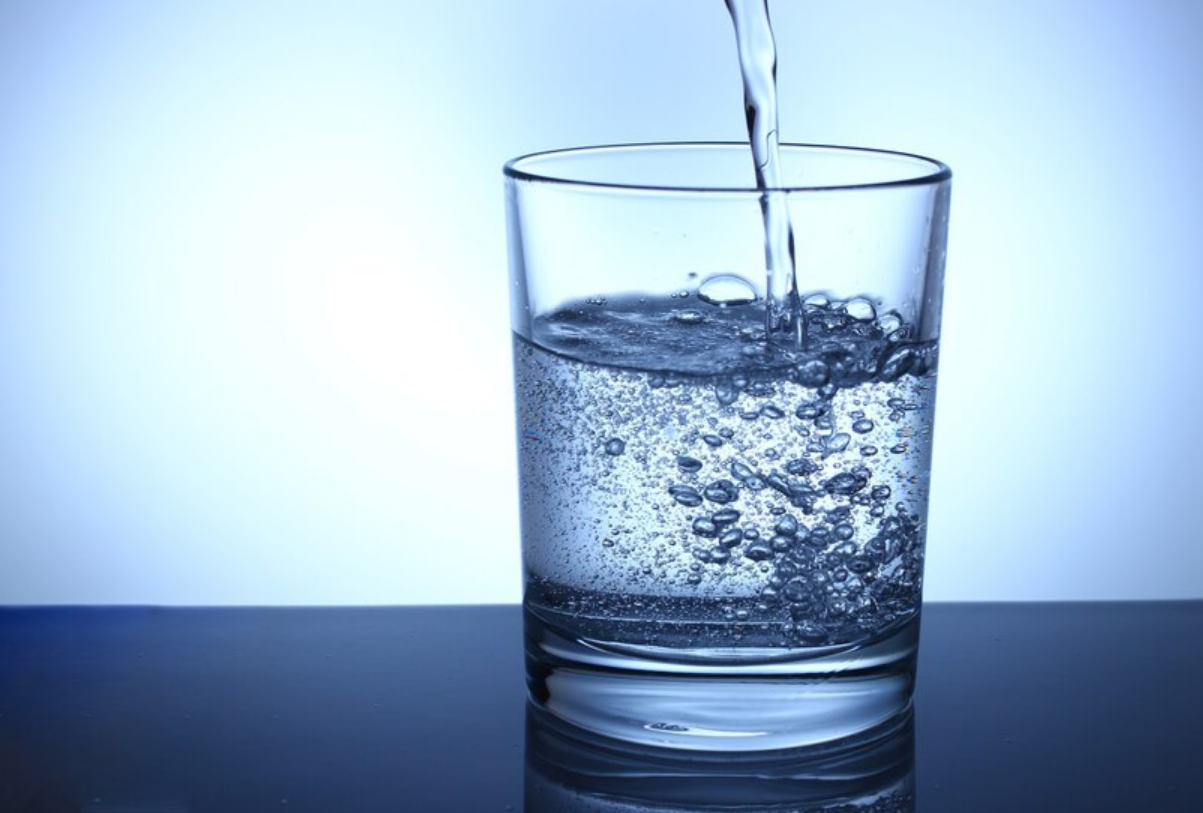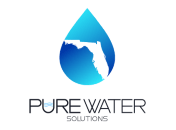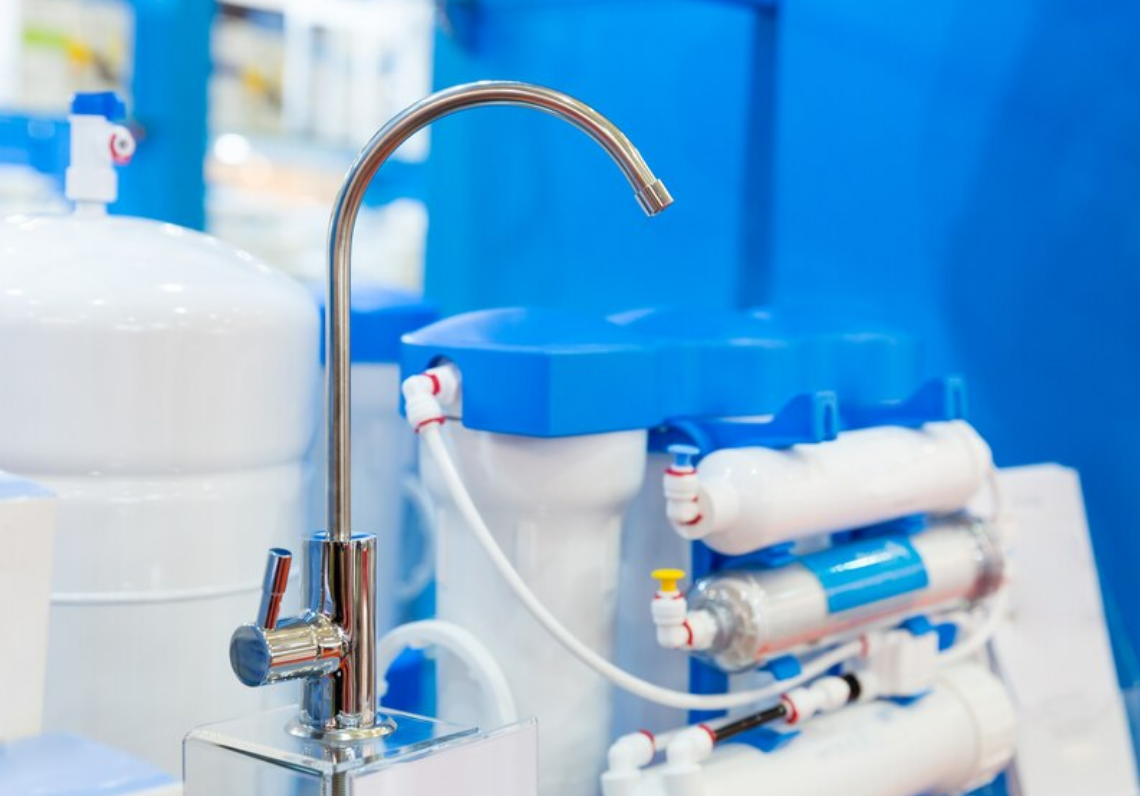Is a Reverse Osmosis System Good for Kidney’s Health?

Clean drinking water plays a vital role in maintaining kidney health, and many people consider installing a reverse osmosis system to ensure better water quality. The relationship between filtered water and kidney function deserves careful examination, particularly when considering the impact of different minerals and contaminants on renal health.
Understanding Reverse Osmosis and Water Quality
A reverse osmosis system works by forcing water through a semi-permeable membrane that removes various contaminants, including heavy metals, bacteria, and dissolved solids. This filtration process produces extremely pure water by eliminating up to 99% of water impurities. While this level of purification might sound ideal, it's important to understand both the benefits and potential considerations for kidney health.
Benefits for Kidney Health
The primary advantage of using a reverse osmosis system for kidney health lies in its ability to remove harmful substances. Kidneys work hard to filter blood and remove toxins from our body, and drinking cleaner water can help reduce their workload. The system effectively removes several concerning contaminants:
- Heavy metals like lead and mercury that can damage kidney tissue
- Excess sodium that might affect blood pressure and kidney function
- Chlorine and its byproducts that may irritate the urinary system
- Bacterial contaminants that could lead to infections
Mineral Content and Kidney Function
When discussing a reverse osmosis system and kidney health, the mineral content of filtered water becomes an important consideration. The filtration process removes both harmful and beneficial minerals from water. While this helps eliminate dangerous substances, it also removes minerals that play important roles in kidney function:
- Calcium and magnesium, which help prevent kidney stones
- Potassium, which aids in maintaining proper fluid balance
- Trace minerals that support overall kidney function
Impact on Overall Kidney Health
Using a reverse osmosis system can significantly reduce the kidneys' exposure to harmful substances in drinking water. However, the complete picture involves understanding how this filtered water interacts with your body's natural processes. The extremely pure water produced by these systems might actually help kidneys function more efficiently by reducing their filtration workload.
Balancing Mineral Intake
While using a reverse osmosis system provides many benefits, maintaining proper mineral balance becomes important. Many healthcare professionals recommend ensuring adequate mineral intake through diet or supplements when drinking reverse osmosis filtered water. This approach allows you to enjoy the benefits of pure water while maintaining necessary mineral levels for kidney health.
Maintenance and Water Quality
Regular maintenance of your reverse osmosis system ensures optimal performance and continued benefits for kidney health. A well-maintained system provides consistent water quality and reliable contaminant removal. Proper maintenance includes regular filter changes, membrane cleaning, and system sanitization according to manufacturer guidelines.
Individual Health Considerations
Each person's kidney health needs may differ, and what works well for one individual might not be ideal for another. Some people with specific kidney conditions might benefit more from reverse osmosis filtered water, while others might need to pay extra attention to mineral intake. Consulting with a healthcare provider about using a reverse osmosis system, particularly if you have existing kidney issues, helps ensure the best approach for your specific situation.
Remember to monitor how your body responds to drinking reverse osmosis filtered water and make adjustments as needed. Many people find that combining filtered water with a balanced diet rich in minerals provides the best of both worlds – clean, safe drinking water and proper mineral intake for optimal kidney function.

